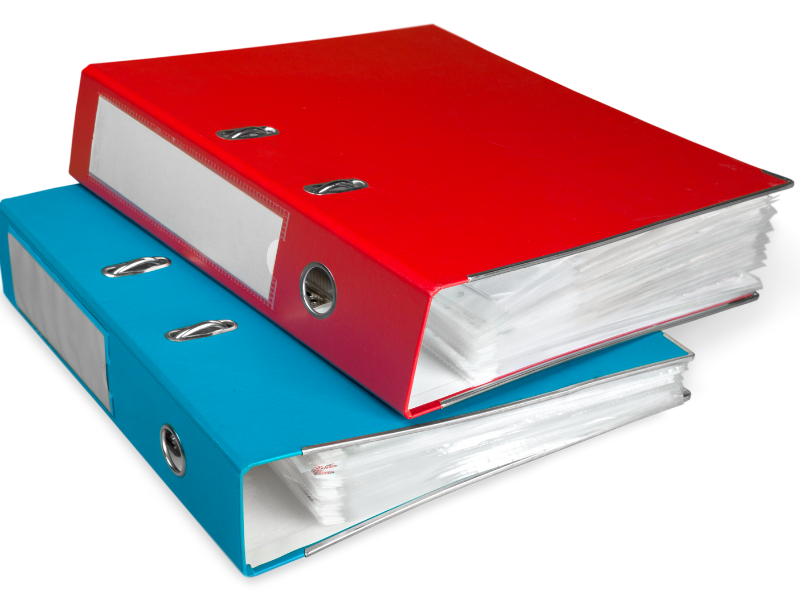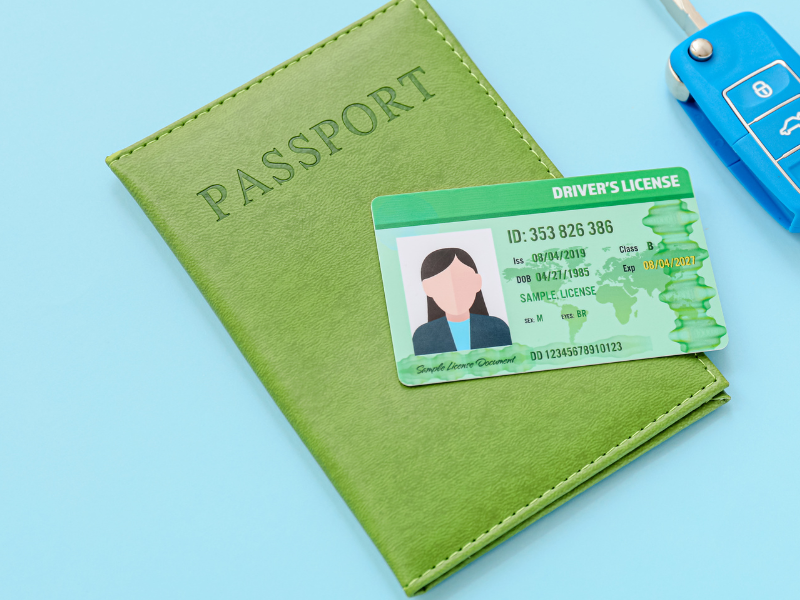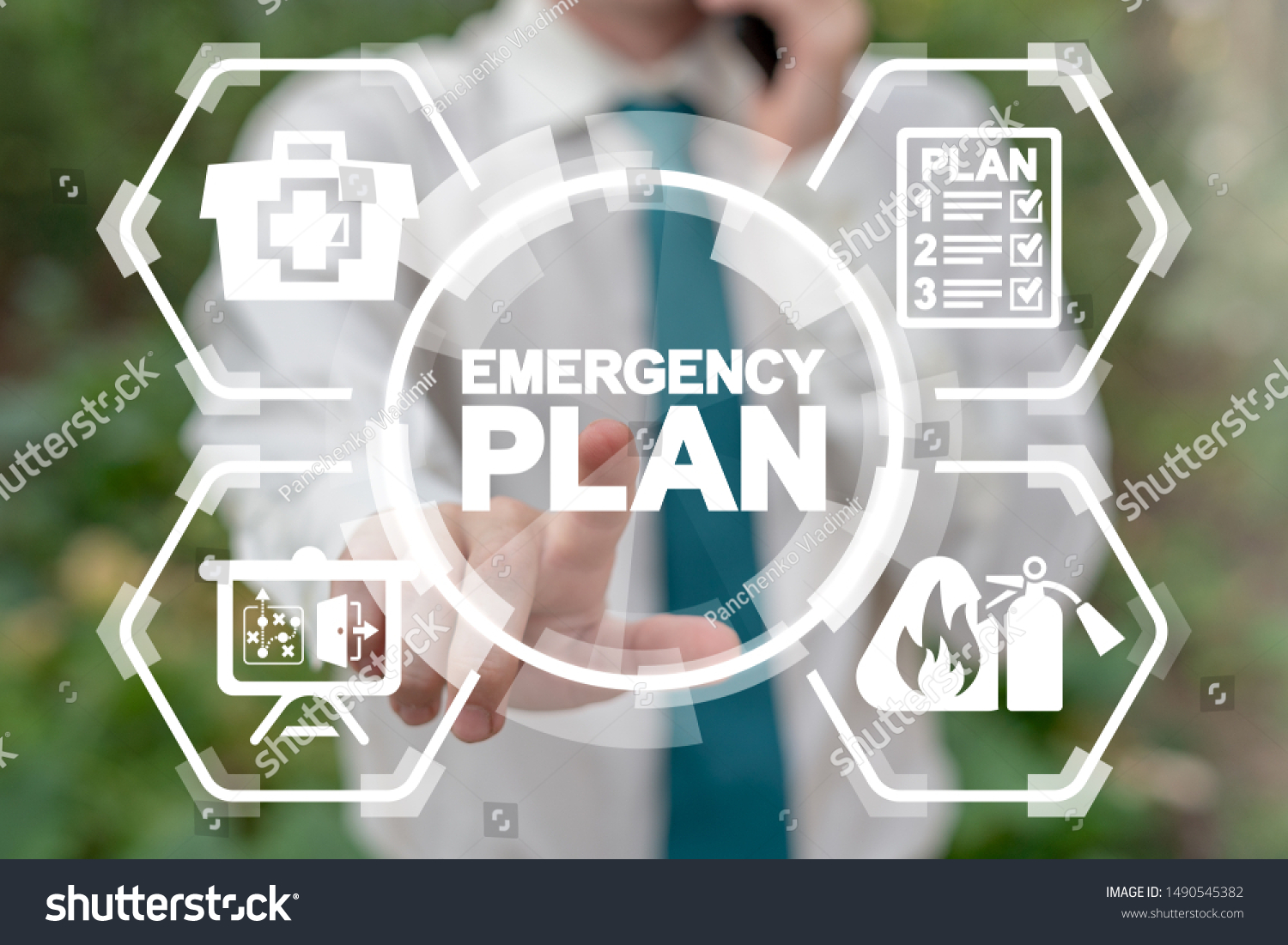When preparing for emergency situations, having a plan in place is essential to getting your life back on track should something go wrong. While most people have insurance, food, water, and financial savings, it's also crucial to ensure you have a set of important documents ready for when you need them the most. These documents serve as a lifeline in rebuilding your life after a disaster. Having them organized and easily accessible is an essential part of any emergency preparedness plan.

A collection of vital documents should be compiled in a binder or portable file system, and securely stored in a safe place, such as a personal safe or a bank vault. Only trusted individuals should have access to these documents. If you don't have someone you trust, consider including this information in your will or trust, held by your attorney. To further ensure accessibility in an emergency, keep copies of these documents in at least two different locations.
Emergency Contact Information
In case of an emergency, it's vital to have a list of emergency contact information readily available. Ensure you and your family know the following:
- Extended family phone numbers and addresses (out-of-area contacts are especially helpful)
- School and child care contact details
- Insurance-affiliated doctors, dentists, and hospitals
- Work, client, and important business contacts
- Utility companies (electricity, water, gas, phone) and account numbers
- Church and clergy contact information
Vital and Identifying Documents
Having copies of vital documents is essential for identity verification, especially in the aftermath of an emergency. These sensitive documents should be stored in a secure location:
- Driver’s licenses
- Social Security numbers (Consider encrypting these for added security)
- Birth certificates
- Passports (Some airports may not accept driver’s licenses as official ID)

Legal Documents
In addition to vital records, it's important to have key legal documents on hand. These include:
- Power of Attorney for you and family members
- Title, deed, and mortgage information
- Wills, trusts, and estate planning documents
- Car titles and insurance information
- Other legal documents (e.g., naturalization or adoption papers)
- Rental or lease agreements
- Spouse’s death certificate (to verify name changes)
- Marriage licenses (to verify name changes)
Insurance Policies
Having insurance coverage in place is crucial. Keep copies of the following policies and related information in your emergency documents:
- Home insurance
- Life insurance
- Renter’s insurance
- Car insurance
- Health insurance
- Inventory of possessions with photos (Give a copy to your insurance agent)
Emergency Plans
Every family should have a written emergency plan in place. This plan should include phone numbers, addresses, and designated safe places to go. Consider these additional elements in your emergency plan:
- Planned escape routes from your home, city, or town
- A hard copy of your phone tree (contact information for family/friends)
- Cash in small bills (since ATMs and credit card systems may be down)
- Maps (local, state, and country maps are essential in case digital maps are unavailable)
Having these documents and plans readily available will help you and your family recover as quickly as possible after an emergency. By staying organized and prepared, you can ensure that you’ll be able to handle whatever challenges come your way.
Are there any other important documents you think should be added to this list? Let us know in the comments!














